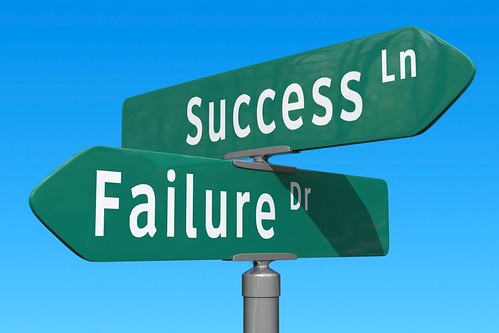 Some of the most talented leaders in my life have an innate ability to understand the needs of others because they truly listen to the perspectives of others. They respect others whether they agree or disagree with their views. They see the person is more important than the issue they are hiding behind. They are quick to place their egos aside and slow to criticize others.
Some of the most talented leaders in my life have an innate ability to understand the needs of others because they truly listen to the perspectives of others. They respect others whether they agree or disagree with their views. They see the person is more important than the issue they are hiding behind. They are quick to place their egos aside and slow to criticize others.I am embarrassed to say that I am often a slow learner. I am slowly learning that becoming more effective begins with my attitude towards others. How do you begin? One step at a time.
Points to Ponder:
- Am I truly listening to another's needs or my wants?
- How quickly do I place my ego aside and roll up my sleeves? How slowly do I criticize?
- Do I truly respect others? Can I see beyond the issue a person is hiding behind?

